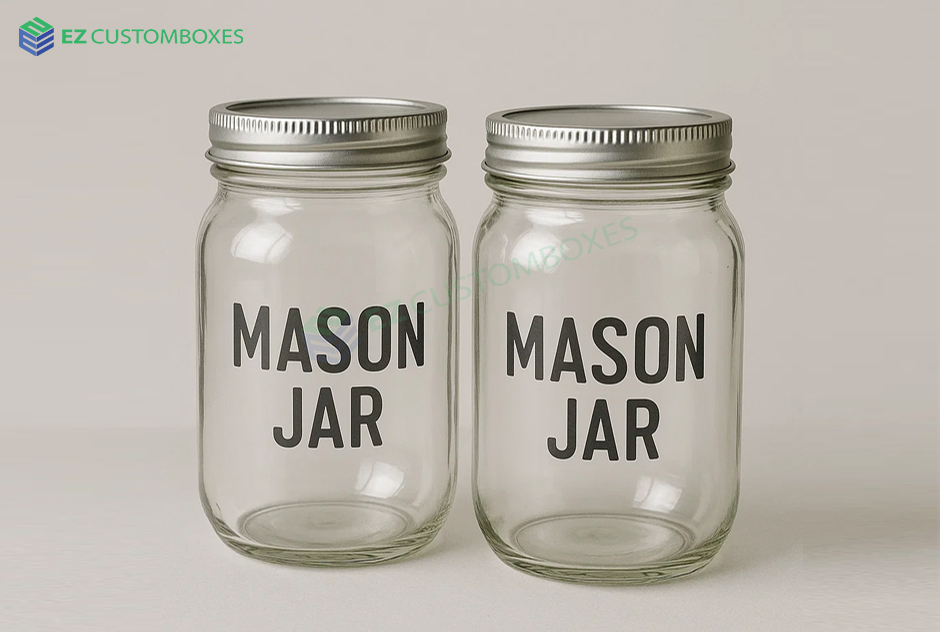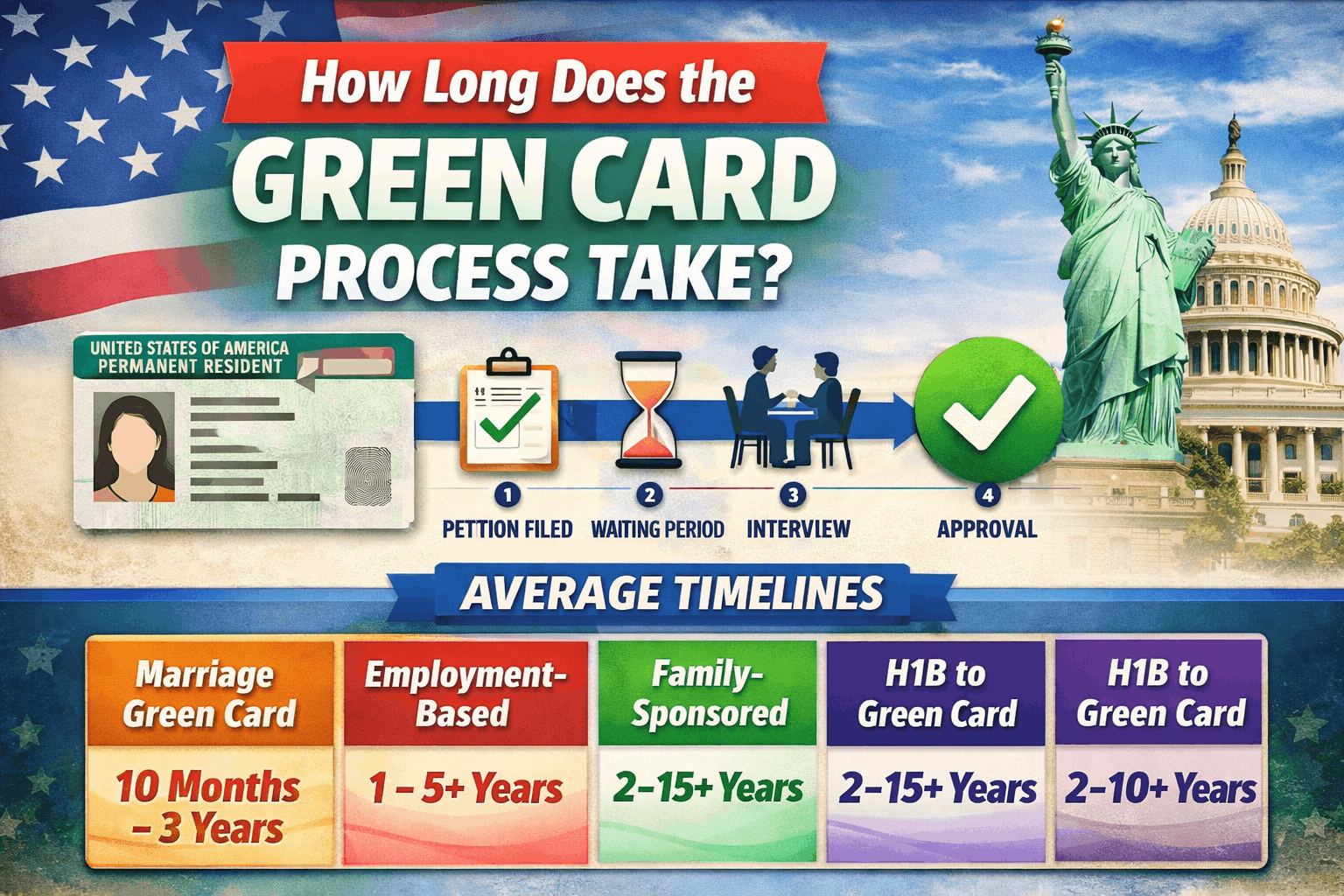|
Getting your Trinity Audio player ready... |
In a disturbing turn of events, the Tea app leak has sent shockwaves through the digital world, raising serious questions about user safety, privacy, and app security. What was once a viral platform offering women a private and anonymous way to talk about men has now become the center of a massive data breach scandal, leaving thousands vulnerable and outraged.
The Viral App and Its Purpose

The Tea app skyrocketed in popularity earlier this year, branding itself as a safe space for women to discuss and review men’s behavior anonymously. The app allowed users to upload men’s photos, search profiles by name, and tag individuals with labels like “green flag” or “red flag” based on their experiences.
To sign up, users were required to take selfies for identity verification, a step meant to ensure only real women joined the platform. The app promised that these images would be deleted post-verification. It also claimed to safeguard users’ anonymity by hiding real names and preventing screenshots inside the app.
However, the very platform designed to protect women’s privacy has now been compromised, leaving many to question whether digital spaces can truly offer safety in today’s era of relentless cyber threats.
What Happened: The Tea App Leak
On Friday, the company behind the Tea app confirmed a major data breach, now widely referred to as the Tea app leak. According to their official statement, hackers accessed an old database dating back more than two years, originally stored to comply with cyberbullying and law enforcement regulations.
The hackers allegedly leaked more than 72,000 photos, including over 13,000 verification selfies and government-issued IDs. These sensitive files have been circulating across underground forums like 4Chan and X (formerly Twitter), putting thousands of women at risk of identity theft, harassment, and even physical danger.
The Tea App Data Breach: A Crisis of Trust

This Tea app data breach is more than a tech failure; it’s a violation of trust, especially for women who believed they were entering a secure, judgment-free zone. The leaked information isn’t just usernames and passwords; it includes highly personal visual content and identification documents.
A map was even created and circulated on Google Maps, allegedly pinpointing the locations of Tea app users, further amplifying the security nightmare. While the map did not include names or addresses, it heightened public fear over how deeply user privacy has been compromised.
Cybersecurity experts and privacy advocates have called this one of the most egregious examples of platform-level negligence, shining a harsh spotlight on how tech startups handle sensitive user data.
Tea App’s Response: Playing Catch-Up
The company stated it has hired third-party cybersecurity firms and is working “around the clock” to patch vulnerabilities. In their own words, “The **privacy and safety of our users is our highest priority.” They also reiterated that the leaked data was from an outdated archive and not the current user database.
But for many, the response feels too little, too late.
With over 2 million new sign-ups reported in the last few days alone, the breach has created widespread panic. Users have taken to Instagram and Reddit to express their fears, especially those still on the app’s waitlist, now uncertain if their own data may be next in line for exposure.
From Empowerment Tool to Privacy Threat
Tea was initially inspired by founder Sean Cook’s personal experiences, especially after seeing his mother become a victim of catfishing and unknowingly date men with criminal backgrounds. His vision was to empower women through community-led reviews and digital accountability.
Ironically, the same app is now facing global backlash for exposing the very users it vowed to protect. The Tea app privacy issue has fueled not only disappointment but a broader public discourse on digital ethics and responsible data storage.
Tea App Controversy Sparks Gendered Debate
In the wake of the Tea app leak, some online forums have seen men calling for a male-centric version of the app. One such attempt, named “Teaborn,” was met with instant backlash and was quickly removed from app stores after some users began uploading revenge porn.
This shows the fine line between protecting vulnerable individuals and creating tools that could be misused for online harassment. The Tea app controversy continues to highlight this moral and technological dilemma.
A Wake-Up Call for Digital Safety: Tea app leak
The Tea app security flaw has opened up a vital conversation about how even the most well-meaning apps can become digital battlegrounds if not fortified against cyber threats. With cybercrimes on the rise, companies can no longer afford to treat data security as an afterthought.
Users are demanding transparency, stronger encryption, and real accountability. And for platforms built on sensitive user-generated content, the stakes are even higher.






